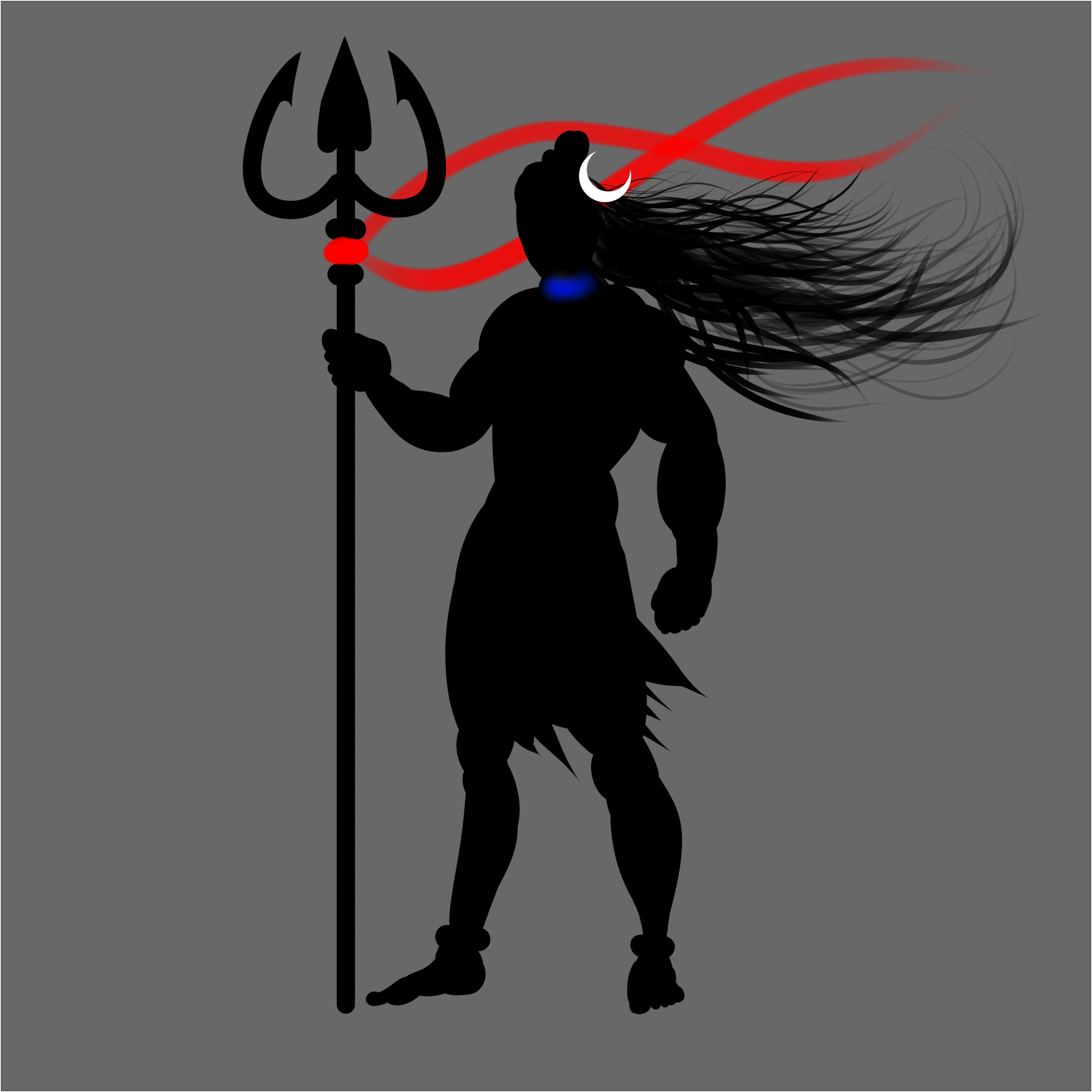
If a wife is not Kṛṣṇa conscious, should we support her or not? If a father is not in the line of bhakti, we should have no relationship with him. If a husband is not chanting and remembering but instead thinking, “I am not the eternal servant of Kṛṣṇa,” we should have no relationship with him. All our relationships must depend on whether a relative or friend thinks himself an eternal servant of Kṛṣṇa, and whether he is also acting as one. Then we can totally serve him. Otherwise, if our guru is not Kṛṣṇa conscious, we can give him up as Bali Mahārāja did. Bali Mahārāja gave up his gurudeva, Śukrācārya. Disciples are not the property of gurudeva. All disciples are the property of Kṛṣṇa and Mahāprabhu.
Some gurus think that their disciples are their own property, and for that they are going to hell. All the gopīs left their husbands. Bharata Mahārāja, the brother of Rāma, left his mother in a moment. As soon as he heard that she was opposed to Rāma, he gave her up. Vibhīṣaṇa promptly left his brother, Rāvaṇa, who was making a plan to quarrel with Rāma. He left him at once. We see that [after leaving these people] all these devotees were happy. Therefore, the center of all our relationships should be based on service to Kṛṣṇa.
Once there was a person who was very friendly with me. I saw that he was initiated by Śrīla Bhaktivedānta Svāmī Mahārāja, your Prabhupāda; so I was also on very friendly terms with him. When he first came to me he was renounced, but later he gave up his devotional practices like chanting and became like a Māyāvādī. He continued coming to me in a friendly way, but I told him, “Our friendship was only based on Kṛṣṇa consciousness. Now that you are not following, we can have no friendship at all. Not even for a moment will I have any relationship with you.”
If we want to develop our Kṛṣṇa consciousness, our relationships should be based on service to Kṛṣṇa. Rāvaṇa was a worshiper of Śaṅkara, Lord Śiva, and he offered his head to him in a fire sacrifice. Śiva became very happy and gave him ten heads. Although Śiva was always very pleased with Rāvaṇa, when Rāvaṇa kidnapped Sītā and became opposed to Rāma, Śaṅkara (Mahādeva), at once left him. Śiva never supported him in the battle, and Rāvaṇa was killed by Rāma. Kaṁsa, Bhaumāsura, and so many other demons were also worshiping Śaṅkara. Śaṅkara can give anything, even kṛṣṇa-prema, and they were worshiping him, but when they became offensive to Kṛṣṇa or Rāma, however, Śaṅkara at once left them and they were killed.
In conclusion, if you want to be a good devotee, your relationships should be on this basis. Our honour for Vaiṣṇavas and godbrothers will depend on how much faith they have in Gurudeva and pure Vaiṣṇavas, and how advanced they are in bhakti. We should not think, “He’s my godbrother, so even if he is committing offenses, he is still my godbrother and superior to all others.” Never think like this.
Anyone who is chanting and remembering is in our Gaura family. He may be in Nityānanda’s family, Śrīmatī Jāhnavā’s family, Śrī Śyāmānanda’s family, Śrīla Narottama dāsa Ṭhākura’s family, or any devotee’s family. A person may be our most bosom friend, but if he is not in Kṛṣṇa consciousness, we have nothing to do with him. If you make friendship with him, you will be degraded.
―Śrīla Bhaktivedānta Nārāyaṇa Mahārāja
Image/Art made possible by Pixabay.com








